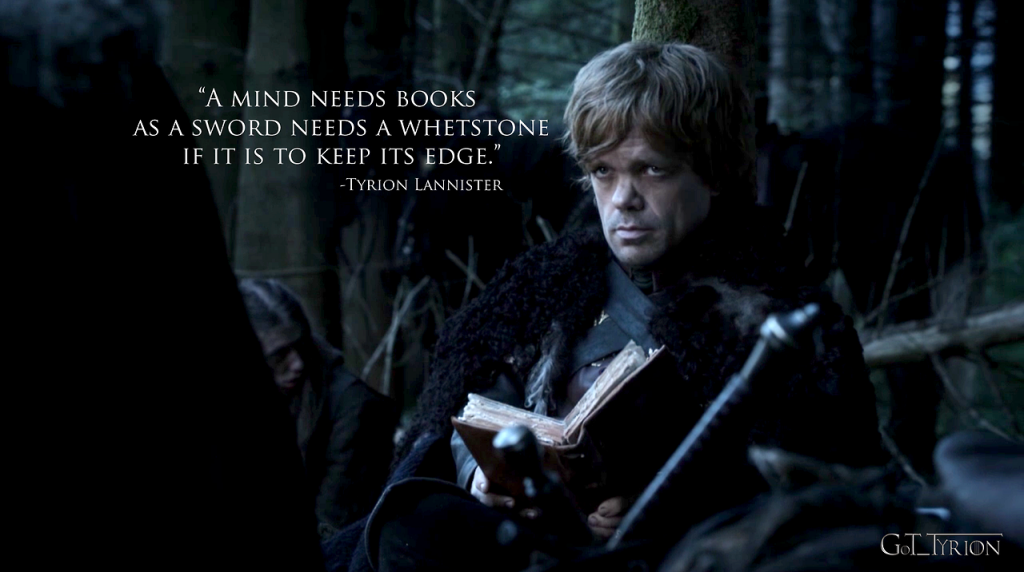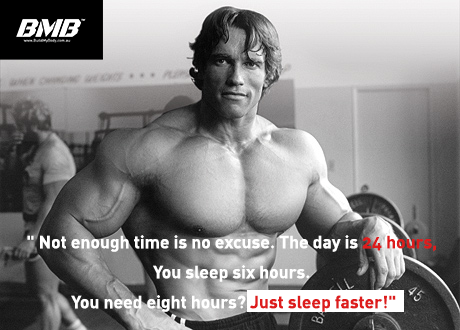How to Get More Hours In Your Day
I enjoy what I do. I can’t really put it much simpler than that, but let me explain what I mean with a bit more detail.
I get to go to “work” which essentially entails problem solving, playing with toys, mock-dance parties, and trying to be the best part of peoples’ days. I then write about stuff I like and specifically things I’ve found useful in fitness to help people get better results from their workouts, plus share cool things I come across that I think other people would like. I then get to work with people from all over the world in my distance coaching program and show them some cool things and get them to try them. Sometimes the results are great, sometimes not so much, but every now and then I get an email from someone I’m working with like this:
“Yesterday a young guy at the gym came up to me and told me I was “swol”. I was pretty pleased with that once I got him to explain what swol actually meant. So your program is definitely working for me.”
After that I work on other projects I have on the go, put together presentations that involve science-y graphs, anatomy pictures and words that mean stuff to trainers, as well as copious amounts of LOLs and memes to make everyone laugh a little. Three such presentations are coming up, the first is the NSCA Personal Trainers Conference in Washington, DC, then Tony Gentilcore and I are holding our High Five workshop in Washington 2 weeks after, and then wrapping up our mini world tour in Los Angeles in November, with some special fitness celebrity guests making their way to the event. NOTE: It most definitely won’t be Tracy Anderson or Jillian Michaels. They were otherwise occupied those days.
I tend to pack a lot into a day, which is not abnormal for me, but is most likely unusual many. One of the best scenes of the classic movie “Office Space” is where the Peter Gibbons is asked what he does in a day, and he comes to the conclusion that in a given week he puts in about 15 minutes of real actual work. I would be so bored doing something like that I would probably wind up gang-stomping the copier machine too.
[embedplusvideo height=”479″ width=”600″ editlink=”http://bit.ly/1riIZhY” standard=”http://www.youtube.com/v/g2_Yi-1Ryf4?fs=1″ vars=”ytid=g2_Yi-1Ryf4&width=600&height=479&start=&stop=&rs=w&hd=0&autoplay=0&react=1&chapters=¬es=” id=”ep2408″ /]
A commonality among people who tend to get a lot done and accomplish awesome things is they genuinely and absolutely love what they’re doing. Think about your most favourite hobby or past time, what it is you day dream about doing all day while you’re at work. Think about how awesome it would be to be able to do that all day long and make a living at it. That’s what those productive or successful people are doing, every day, and why they are successful and productive.
I didn’t always love what I do for a living, and at one point early on I was thiiiiis close to quitting the fitness industry and starting a career in the oil sands north of Edmonton with a steady 6 figure income, benefits package, and lifetime job security. I knew if I went down that road I would hate my life and everything about it due to the fact that it wouldn’t be something I was interested in, posed no challenges, and had minimal to no room for advancement, so I changed my focus and my approach to my career and developed a personal system that spoke to me more than anything I’d done previously, changed how I interacted with my clients, and started to build projects and other stuff outside of the gym to have a hand in different things that all inspired me and sparked my own interests.
Because I was doing more of the things I enjoyed and had a more favourable approach for what I was comfortable doing and enjoyed doing, my personal productivity shot up. I worked up to training about 60-70 sessions a week for a while, broke sales records in the company, and expanded a role in the companies continuing education curriculum. From there, I expanded into this here website, and everything else I’ve been able to muster since then, from writing for different websites and publications to producing my own video series, and workshops across the continent and even in to Europe.
This wasn’t a sudden change that made everything happen. It was a gradual shift in my own personal confidence, desires, and feelings of self-worth that brought it about, and it happened over the span of about 8 years. When I started out in fitness, I would look up to a lot of the people whom I now consider peers and some who are close friends. What they were doing seemed so far away and outside of the realm of possibility of what I was doing, it was like there was no way I could ever do it.
The catalyst for this change was one day I asked myself a simple question that seemed to bring everything into focus:
“They had to learn how to do what they’re doing somewhere, and they had to start at the beginning too. If they had to figure it out on their own, why couldn’t I?”
Everyone starts out as a beginner, even a big lanky Canadian in the middle of nowhere. The good thing is there has never been an easier time to learn and improve your personal and professional knowledge base than this time in history.
Prior to the 18th century, knowledge was passed down from teacher to student directly, usually in the form of apprenticeships, and typically only in formal education settings that were only attainable for the elite and upper class. One of the major denouements to education was the ability to read, and literacy rates until this century were quite low around the world.
For those fortunate enough to read, they were able to study a field of interest, but some were still off limits unless they had the right last name or titles to them. Medicine was consistently only available to aristocracy until even the 19th century.
Aside from formal education, those looking to know about the world would have to do so through books or publications like magazines, which always had a cost associated to them. I remember the row of Encyclopedia Britannica on our library shelf growing up, as well as the annual issue we got to update the outdated stuff.
Throughout history, there has always been a cost to gaining education. Whether it was paying for formal training, buying an encyclopedia or magazine, even a newspaper had a fee associated with it. This is the first time in human history where the ability to gain knowledge has little to no barrier to entry. This is both a good thing and a bad thing, as there is as much misinformation as solid reliable information out there, but it also has reduced the barrier of entry for those looking to share what they know.
Prior to the internet, if you wanted to have a voice that would reach a broad audience, you had to write a book, and that book had to be published by a publishing company. If they didn’t see a chance to make money, they wouldn’t publish it. If you weren’t much of a writer, you could (at least in the past 60 years) look to going on television, but again if the producer didn’t see you as being a way of increasing their audience and pull with commercial sales it wouldn’t happen easily.
Now you can set up a website, Youtube channel, and Facebook page and start developing a following all for free and with zero barrier to entry. This helped a tall lanky Canadians like yours truly get a word out for public consumption, which is awesome.
What all of this means is that there are an incredible number of opportunities for you to do what you love doing, and to make your passion or hobby a viable lifestyle. Whatever it is you enjoy doing, when you love it you can’t find enough hours in the day to engage in it. Your verbage changes when describing it. You don’t “have” to do something, you “get” to do it. It’s not hard, but rather challenging. It’s not based on needs, but based on wants, as in “I need to get this done by 5” changes to “I want to get this done.”
Procrastination doesn’t exist when you’re excited to do something. Think of the last thing you had to get done but wound up being relegated to the bottom of your priority list. Odds are it was something you were less than happy to try to do, and as a result it kept getting pushed back until it was inevitably no option but to get it done or suffer the consequences.
When you love doing something, you can’t wait to do it and everything that goes with it, which is why you never procrastinate when you want to do it now and all the time.
Whatever it is you love doing, finding a way to do it more each day is the best surefire way to add meaningful hours to the day, and if you’re one of the fortunate few who get to do what they really truly love day in and day out, you have limitless ways of expanding to more pursuits within that vein and get more out of each day that you continue to do what you love. You can’t wait to jump out of bed tomorrow and tackle the day again, knowing that it’s going to be awesome, just like yesterday.
Soin conclusion, finding more time in the day is easy when you spend more time on stuff that matters the most to you and less on the stuff that doesn’t matter at all. Consider the insanely productive and influential people in the world are given the same length of a day as you are, and still accomplish everything they do, and it’s a testament to following your passions with a ruthless aggression and heartfelt desire.
That and sleeping only 6 hours a night helps.



2 Responses to How to Get More Hours In Your Day